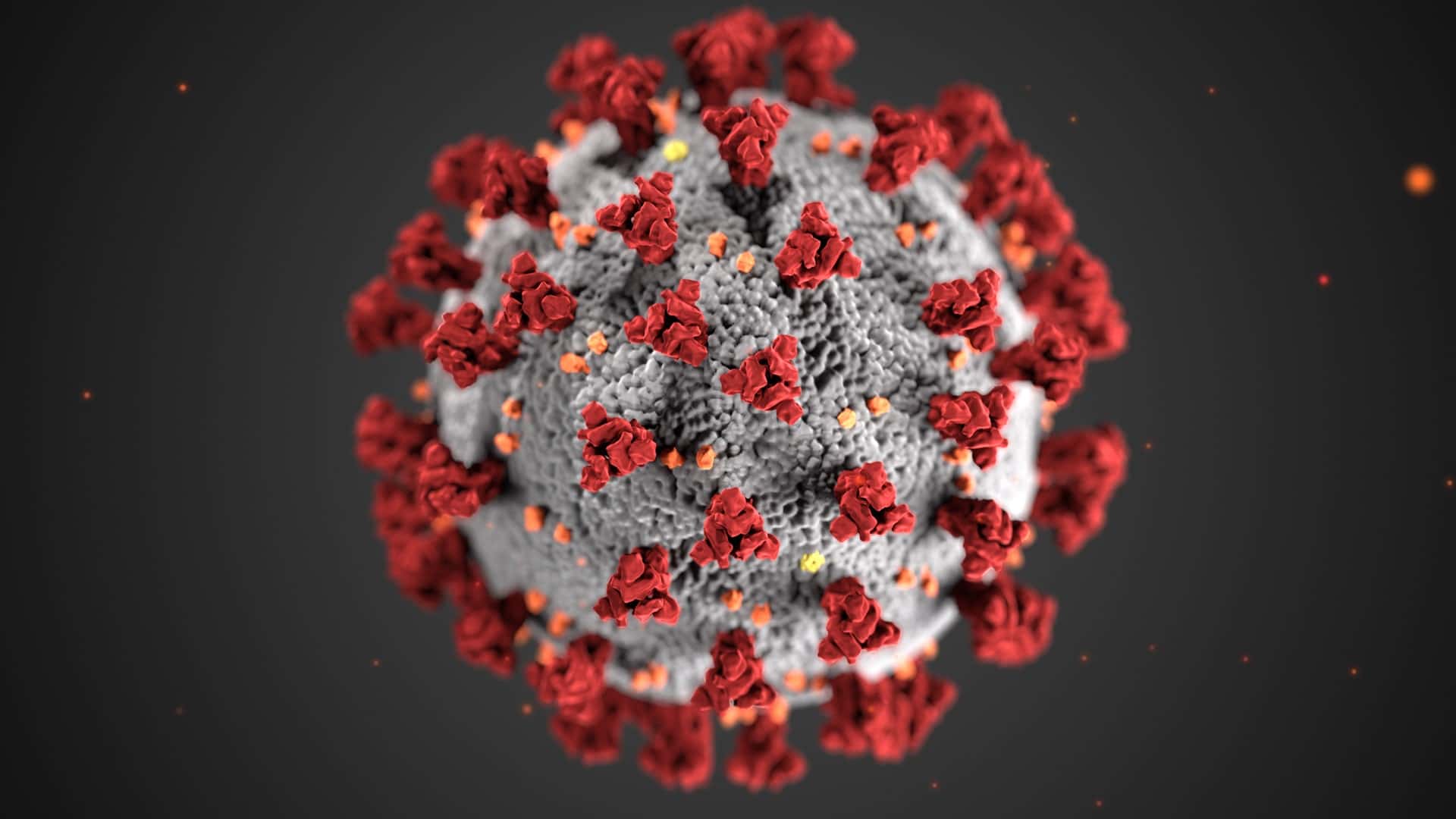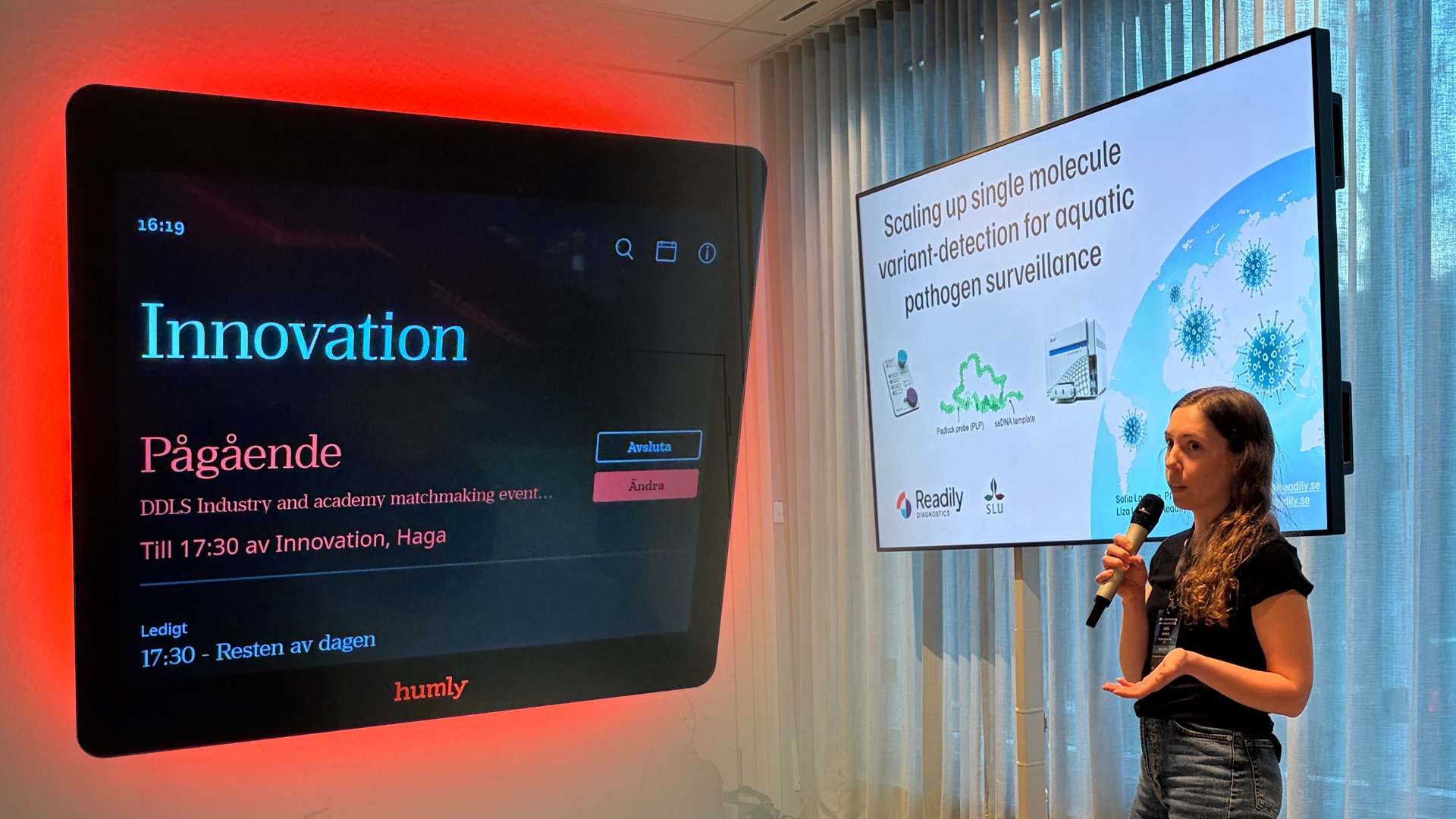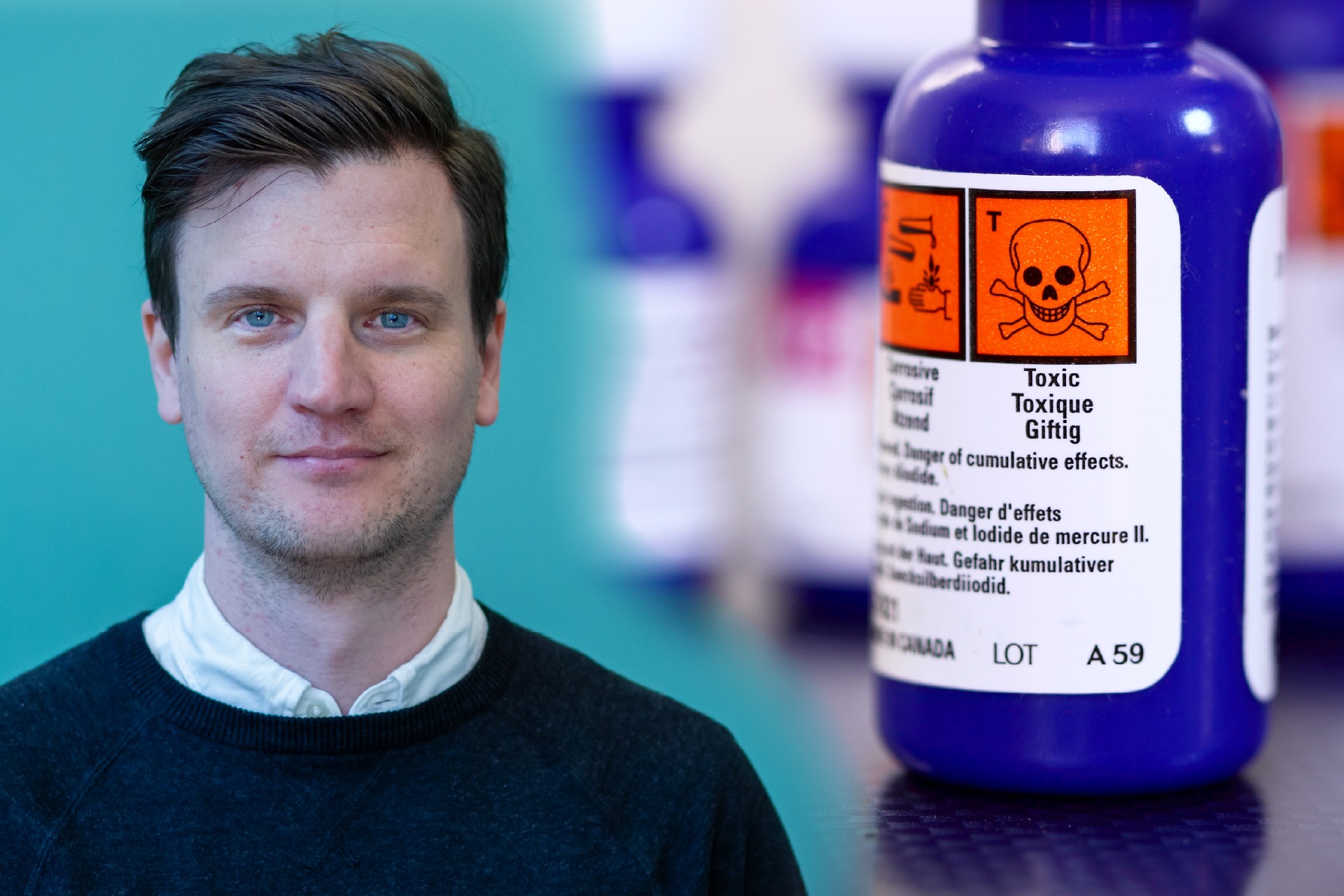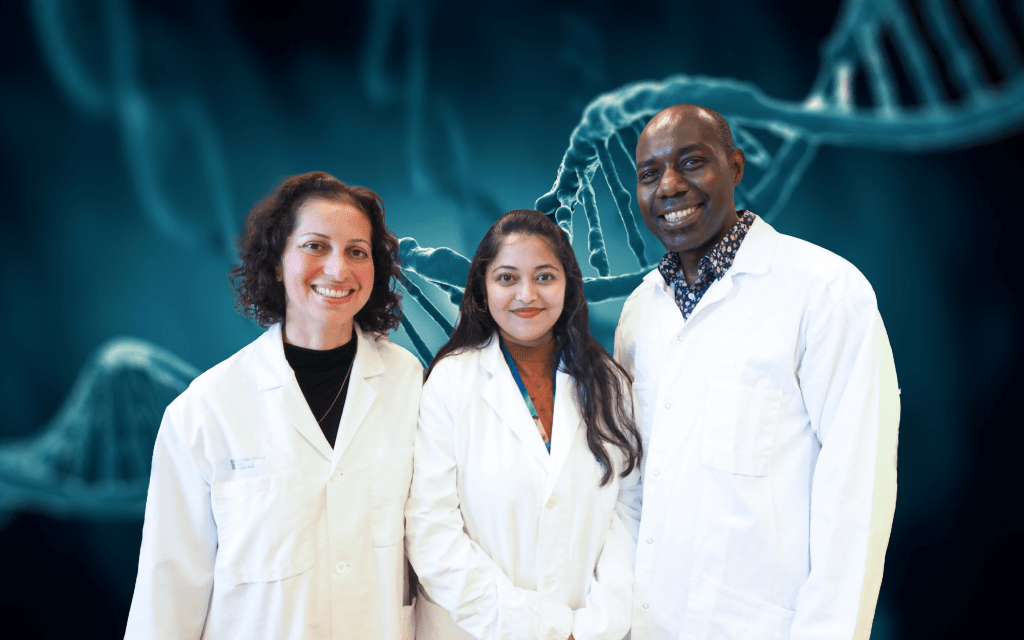First phase of the Danderyd Hospital’s COVID-19 study complete
Almost 25 percent of the staff at Danderyd Hospital who had been in contact with COVID-19 patients had developed antibodies against SARS-CoV-2 early this summer. Loss of odor seemed to be the most common symptom amongst those who tested positive.
“We have now completed phase 1 of the COMMUNITY-study where we tested 2,149 employees at Danderyd Hospital and the results have provided us with many interesting parameters, says lead researcher Charlotte Thålin in a press release from Danderyd Hospital.
A total of 19.1 percent of the hospital employees had developed IgG antibodies against SARS-CoV-2 at the end of May / early June, which is consistent with the preliminary results presented on April 27 when 527 employees had been tested.
“When the first results came out, we had nothing to compare with, but now when more data from other parts of society is available we can see that our employees had a relatively high prevalence of antibodies,” says Charlotte Thålin.
No differences between men and women nor different age groups could be observed, but employees that had been in direct contact with affected patients had a higher chance of developing antibodies (24 percent) compared to other employees (18 percent) or administrative staff (9 percent).
Another interesting finding was that 9 percent of the employees who tested positive showed no symptoms at all, while 80 percent showed only mild symptoms. Around 13 percent rated their symptoms as severe.
“The purpose of the study was to investigate how the immune system develops over time after a covid-19 infection, says Charlotte Thålin. We will perform new tests on all participants in the study after four and ten months, perhaps also after up to five years. As early as in August, we will carry out the first follow-up, and investigate whether those who had antibodies in April/May still have antibodies. We will also investigate whether antibodies cause immunity, which is perhaps the most important piece of the puzzle, which is missing in today’s research. We will also investigate other parts of the immune system, such as the T-cell response”.
“It is going to be interesting to see how the project develops in line with new data and issues. It is valuable for us to be able to follow such a large study group over time when dealing with a brand new virus”, says doctoral student Sebastian Havervall, who is part of the research team at Danderyd Hospital.
The blood samples are used by several research groups.
Additionally, as part of the research project, a biobank is also created with blood samples from hospitalized patients diagnosed with COVID-19. The purpose is, together with other research groups, to investigate possible prognostic markers. These blood samples may also provide important information about possible treatment options.
Affiliations:
• The research group from Danderyds Hospital (KIDS) includes specialist physician Charlotte Thålin, ST physician Ann-Sofie Rudberg and assistant physician Sebastian Havervall.
• The test method has been developed at SciLifeLab and KTH. The research group from KTH/SciLifeLab includes Sophia Hober, Peter Nilsson and My Hedhammar. The study is also conducted in collaboration with Mia Phillipson at Uppsala University.





